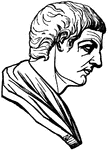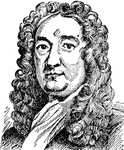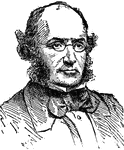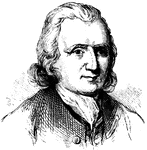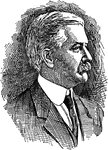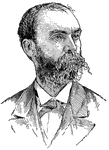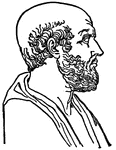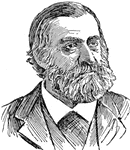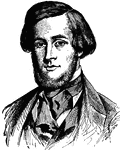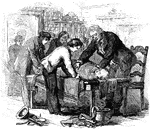Clipart tagged: ‘Physician’
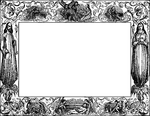
Border Illustrating the Passion of Christ
A border with various illustrations from the Passion of Christ, including carrying the cross, washing…

Egyptian Cattle Doctors
"Cattle doctors are exhibited performing operations upon sick oxen, bulls, deer, goats, and even geese."…
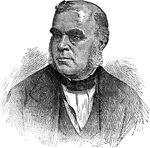
John William Draper
John William Draper (May 5, 1811, - January 4, 1882) was an American (English-born) scientist, philosopher,…
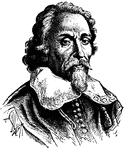
William Harvey
(1578-1657) English physician who published his treatise on the circulatory system in 1628.
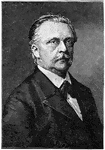
Hermann von Helmholtz
Hermann Ludwig Ferdinand von Helmholtz (August 31, 1821 – September 8, 1894) was a German physician…
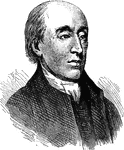
James Hutton, M.D.
James Hutton MD was a Scottish geologist, physician, naturalist, chemist and experimental farmer. He…
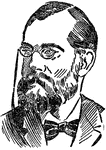
Robert Koch
A German physician. He became famour for the discovery of the anthrax bacillus, the tubercle bacillus…
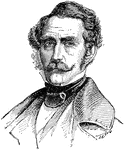
William G Morton, MD
William Thomas Green Morton (August 9, 1819 - July 15, 1868) was an American dentist and physician.
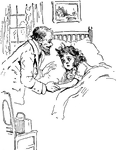
Physician Makes House Call to Sick Girl
A male doctor holds the hand of a young girl in bed. She appears to be crying or worried. He seems to…
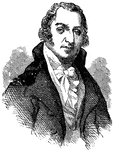
David Ramsay
(1749-1815) Historian and physician who served as a South Carolina delegate to the Continental Congress.
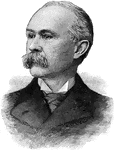
George Miller Sternberg
Brigadier General George Miller Sternberg (June 8, 1838 – November 3, 1915) was a U.S. Army physician…
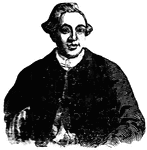
Joseph Warren
(1741-1775) Physician and Revolutionary patriot who dispatched Paul Revere on his famous ride
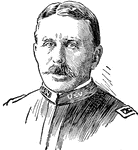
Leonard Wood
Leonard Wood (October 9, 1860 – August 7, 1927) was a physician who served as the Chief of Staff of…
